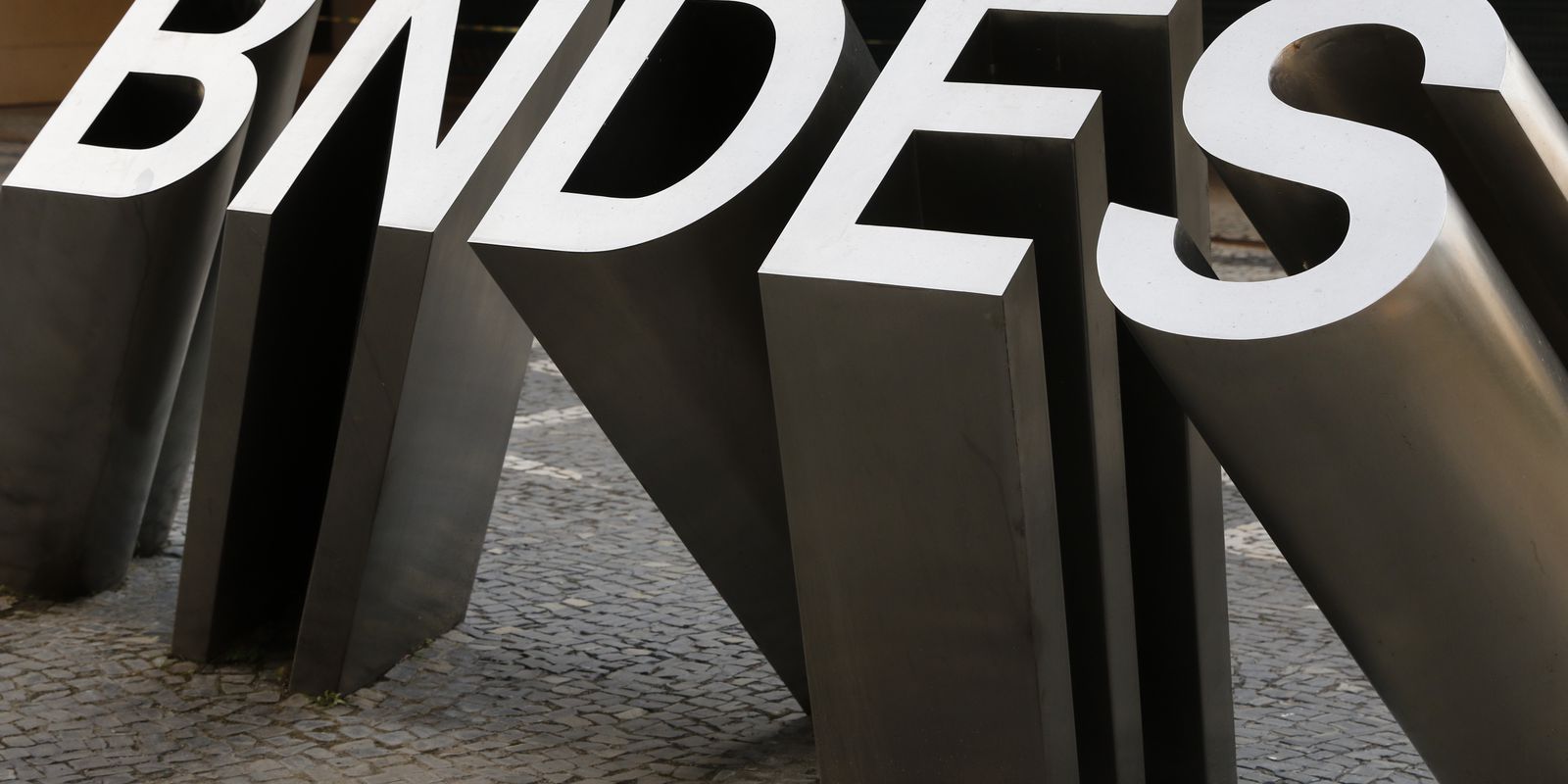The National Bank for Economic and Social Development (BNDES) today (9) launched a public notice to support projects and programs in the areas of forest bioeconomy, circular economy and urban development. According to the institution, this is a public call for a hybrid financial solution, internationally known as blended finance. The bank expects to generate an impact of at least R$400 million.
Blended finance involves the strategic use of philanthropic resources to mobilize new flows of private capital. According to the BNDES, as it seeks a balance between risk and investment returns, this is a path that can help to allocate resources to make the 2030 Agenda viable, a global action plan formulated by the United Nations (UN) that brings together objectives and goals. of sustainable development.
The institution’s director of productive and socio-environmental credit, Bruno Aranha, says that the environmental challenge needs to be faced through partnerships that involve the Government, companies, investors, the third sector and academia. According to him, this is the first notice of blended finance from BNDES, but others are already in the plans.
“He combines the worlds of philanthropy and the financial market, bringing the best that exists in both. The world of philanthropy working with non-reimbursable resources and knowing the edge, knowing the reality of those who need it most and developing projects. As well as the financial market that has access to the most different pockets, that has the expertise to innovate and build financial products that align interests and allow resources to be channeled”, he says.
In this first experience, up to 12 proposals will be chosen, up to four from each of the thematic areas: forest bioeconomy, urban development, circular economy. Projects may combine different financing instruments. Applications are open until July 8th.
The same institution, public or private, may submit more than one proposal, but may not receive more than R$30 million from the BNDES. The period for the development of the selected projects will be 10 years. Within this period, contracting, fundraising, execution and achievement of results must take place. In all, the BNDES will allocate up to R$ 90 million in non-reimbursable resources.
“We expect the proposals to come with a leverage of at least four times in their structure. In other words, R$1 from the BNDES and another R$3 from the other partners. commercials”, says Bruno. In addition to leverage, other criteria such as financial sustainability, scale and replicability, participation of innovative structures and expected impact will be considered in the selection.
distant goal
A partner in the initiative, the non-profit organization Climate Policy Initiative (CPI) assesses that the world is still far from what is necessary for the transition to a low carbon economy. Encouraging private partners to contribute with innovative proposals and structures capable of leveraging sustainable development is considered one of the challenges.
“Increasing and mainstreaming climate investments is a crucial step on the path to limiting global warming to 1.5 degrees by 2100, as per the Paris Agreement. The latest figures from the global climate finance landscape show that the flow of finance has reached US$ 632 billion in the 2019-2020 biennium, the highest amount so far with public and private actors participating”, observes Felipe Borschiver, who works at the Global Innovation Lab for Climate Finance, a program secretariat by CPI.
Despite the advances, he considers that the situation is worrying because the pace of growth has been reducing. The flow of financing came to record increases of approximately 25% per year, but is currently close to 10% per year. According to CPI calculations, to meet the Paris Agreement target, it is necessary to reach an investment level of US$ 4.3 trillion per year.










